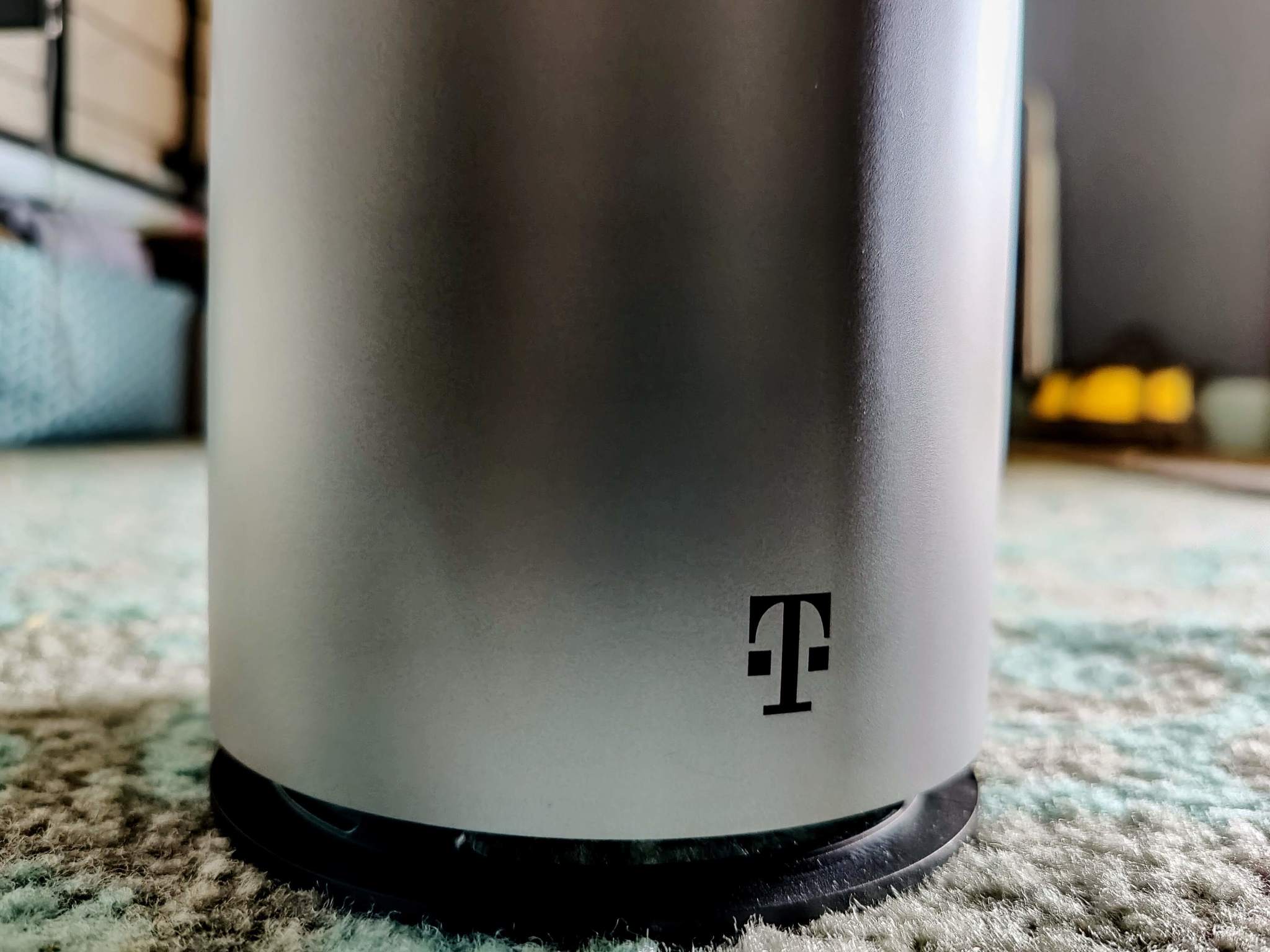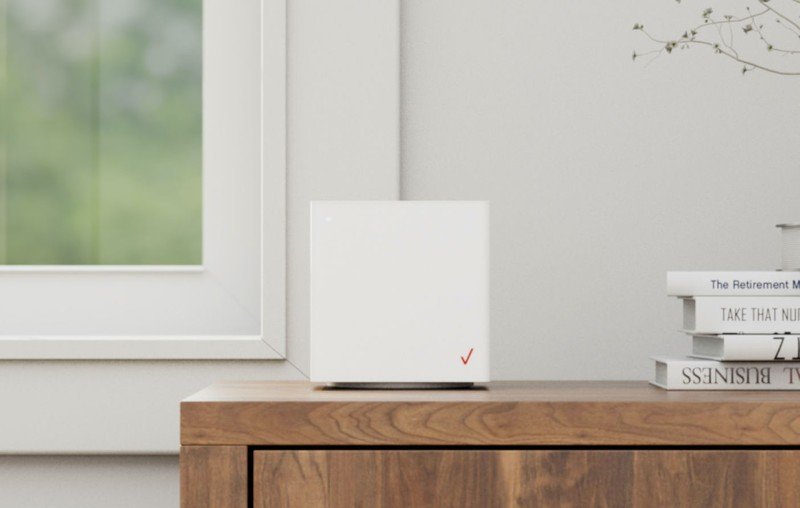Do you need to use your own router with 5G home internet?

Best answer: No, most people find the Wi-Fi 6 routers provided by T-Mobile and Verizon more than fast enough for their internet speeds. If more coverage is needed, a properly configured mesh system can come in handy due to 5G routers needing to be near the window for optimal coverage.
T-Mobile and Verizon include free Wi-Fi 6 routers
For the first time in years, competition in the home internet market is heating up, and there's a good chance that you've started to see ads for newly available 5G home internet in your area. The problem is that 5G networks and the devices that utilize them evolved since they were introduced, ranging from mmWave to low-band and, more recently, mid-band and C-band. So how do you know what equipment you should buy? And do you need your own router with 5G home internet?
Keep in mind that most routers have a 5GHz mode often displayed as your Wi-Fi name with "5G" at the end. This is not the same as 5G home internet.
Luckily, the leading providers of 5G home internet in the U.S. provide 5G routers for free when you sign up for the service. And this isn't a temporary offer with bill credits either. In addition, many ISPs stepped up their base routers to support Wi-Fi 6, and T-Mobile and Verizon are no different with reasonably capable Wi-Fi 6 routers bundled in with the service.

As we saw in our T-Mobile Home Internet review, 5G performance can be a bit unpredictable in rural areas, but for many, it provides an excellent unlimited broadband option. T-Mobile's 5G router may even be a bit overkill with a tri-band Wi-Fi 6 connection. While it only supports 80MHz bands, it still has plenty of power to keep up with T-Mobile's 5G network, even in areas with a strong signal. Verizon's router is also Wi-Fi 6 and should have no trouble keeping up with the 5G connection in your home.
If you live in a dense area and want to use a Wi-Fi 6E router to avoid 5GHz congestion or if you have a Wi-Fi 6 mesh network already deployed at home, you can still use it by connecting your T-Mobile or Verizon router to the WAN port on your existing router.
Be an expert in 5 minutes
Get the latest news from Android Central, your trusted companion in the world of Android
T-Mobile confirms in its FAQs that customers may use their own routers, but there are a couple of things to keep in mind if you intend to do so. While many routers will work fine with most applications in their default configuration, as seen in our T-Mobile Home Internet review with a Nest Wifi mesh, some applications may require your router to be set to bridge or access point mode.
This setting varies by router, so it may be necessary to check your router's documentation to find out exactly how you need to set it up. It's also worth noting that you may lose access to some of the features of your router when operating in access point mode, such as parental controls. In most cases, if the provided 5G gateway has enough coverage for your home, your best bet is to stick with that.
5G on the go
If you use a mobile hotspot with 5G or are looking for a solution for a mobile home like an RV, a 5G hotspot may be one of your best bets for reliable connectivity. Many of these hotspots support fast 5G connections with Wi-Fi 6 built-in to eliminate any bottlenecks between your device and your content.
For the most part, hotspots are standalone devices. Still, some, like the Netgear Nighthawk M5 available from AT&T and unlocked, have an Ethernet port built-in to connect it to a faster router, so you don't have to compromise local network connectivity for a mobile connection.
When Samuel is not writing about networking or 5G at Android Central, he spends most of his time researching computer components and obsessing over what CPU goes into the ultimate Windows 98 computer. It's the Pentium 3.



